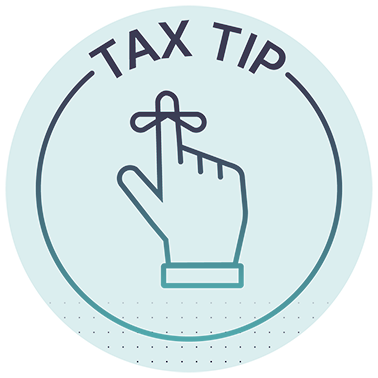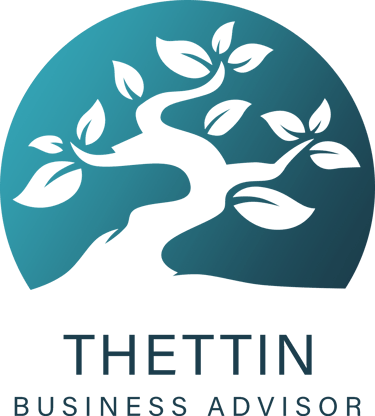Tax Tips for Small Business Owners & Freelancers
Tax season can be overwhelming, especially for small business owners and freelancers. Here are key insights to avoid tax pitfalls and maximize savings.
Tanny
5/16/20252 min read


🔹 Q: What’s the biggest mistake freelancers make with taxes?
A: One of the most common mistakes is mixing personal and business expenses.
When finances aren’t separated, it becomes harder to track deductible expenses and can lead to tax headaches. Setting up a dedicated business bank account and using tools like QuickBooks or FreshBooks makes it easier to manage expenses, profits, and tax filings.
📌 Pro Tip: A separate account keeps your business finances clean, simplifies bookkeeping, and prevents audit complications.
🔹 Q: What tax deductions should small business owners never ignore?
A: Many business owners miss key deductions that can save thousands! Some essential tax write-offs include:
✔ Home Office Deduction – A portion of rent, utilities, and internet costs may be deductible.
✔ Software & Tools – Business-related expenses for QuickBooks, Canva, or Adobe Suite.
✔ Marketing & Advertising – Website hosting, social media ads, and professional branding.
✔ Business Travel & Meals – If directly related to business, they qualify for deductions.
✔ Health Insurance Premiums – Self-employed individuals may qualify for deductions.
📌 Pro Tip: Keep detailed receipts and log expenses in a tracking system to ensure you maximize tax savings.
🔹 Q: How can freelancers avoid a surprise tax bill?
A: Unlike salaried employees, freelancers and business owners don’t have taxes automatically deducted. That’s why planning ahead is crucial.
📌 Solution: Pay quarterly estimated taxes to prevent penalties and unexpected tax debt. A general guideline:
Set aside 25-30% of income for taxes.
Use a tax calculator or an accountant to estimate quarterly payments.
Track expenses carefully so deductions reduce taxable income.
Waiting until tax season can be stressful—consistent tax planning is key!
🔹 Q: Can retirement savings help lower my tax bill?
A: Yes! Contributions to tax-advantaged retirement accounts help reduce taxable income while securing your financial future.
📌 Retirement plans for tax benefits:
✅ RRSP (Canada) – Contributions lower taxable income for the current year.
✅ Solo 401(k) (U.S.) – Ideal for self-employed individuals with high contribution limits.
✅ SEP IRA (U.S.) – Tax-efficient savings for freelancers and small business owners.
Building wealth while lowering tax liabilities? Sounds like a win-win!
🔹 Q: Is accounting software really necessary?
A: Yes! Manual tax tracking leads to errors, costing time and money. Using smart accounting tools simplifies financial management.
📌 Best accounting software for small businesses:
✔ QuickBooks – Automates tax calculations, invoicing, and reporting.
✔ FreshBooks – Ideal for freelancers handling invoicing and bookkeeping.
✔ Wave Accounting – Free option for startups needing simple financial tracking.
Investing in the right tools streamlines tax reporting and helps avoid costly mistakes.
🔹 Q: What’s the best way to stay audit-proof?
A: A well-organized record-keeping system is your best defense against audits.
📌 Stay tax-compliant with these tips:
Keep digital and physical copies of all receipts and invoices.
Categorize expenses correctly to avoid red flags in audits.
Regularly review financial statements to ensure accuracy.
Proper bookkeeping isn’t just for tax season—it’s essential for financial success!
📌 Got tax questions? Drop them in the comments! Let’s navigate tax season together at advisory@thettin.net
